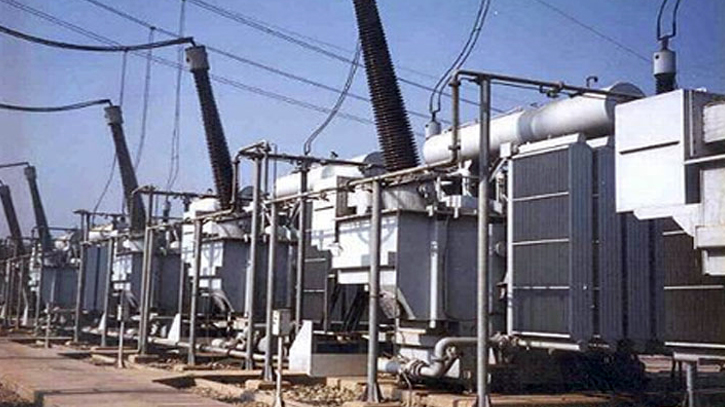
Photo : Collected
The interim government is considering eliminating capacity charges for rental and quick rental power plants, as these charges have already cost over Tk 1 lakh crore, an expense not reflected in electricity prices.
It is reported that more than Tk 1 lakh crore has been spent on capacity charges for power generation over the past 15 years. In light of this, the interim government is contemplating cancelling these charges. Additionally, a ban has already been implemented on quick rental power plants.
Sources from the Ministry of Power and Energy have informed that various issues, including quick rental and the gas supply crisis, have been discussed with the concerned officials. The Energy Security of Bangladesh has been asked to prepare a position paper. The final decision will be taken after it is presented to the Advisory Council.
All ongoing activities under the Special Provisions Act for Rapid Supply of Electricity will be closed. Consequently, all negotiations, project selection/processing, and procurement processing activities going on in the country under the Act will be stopped for the time being.
A senior official of the ministry, who did not wish to be named, told The Daily Messenger that there have been allegations of various irregularities in the sector due to the implementation of the Rapid Enhancement in Supply of Electricity (Special Provisions) Act, 2010 (Amended 2021). Thus, the interim government has stopped the Act, so from now on, no one will be able to install rental or quick rental power plants without following the tendering procedure.
According to related sources, there is an agreement with rental power plants that requires them to be paid even if they do not supply electricity. As a result, the subsidy is increasing. If the contract is revised according to the 'no electricity, no pay' policy in the power sector, the subsidy pressure will be reduced. This will also alleviate the pressure of price adjustments on consumers.
Meanwhile, power and energy advisor Muhammad Fawzul Kabir Khan recently said that the Ministry of Energy is considering increasing income by reducing expenditure. No more power projects will be undertaken without competition. He said, “The Act-2010 has been cancelled. It can no longer be applied. Earlier there was a lot of gas; now, due to the gas shortage, we have to import from abroad. So, it has been cancelled.”
Fawzul Kabir Khan said, “Entrepreneurs will be encouraged to produce electricity, but friends or acquaintances will not be given special treatment. If the price is justified and the product is good, it will be brought into production.”
He also said that from now on, a plan will be formulated to increase the use of renewable energy in the power and energy sector. In this case, the private sector will be encouraged, but it will have to secure work through competition.
Meanwhile, the Centre for Policy Dialogue (CPD), a research organization, has demanded that the quick rental power plant contracts not be extended. At the same time, the CPD has also called for the shutdown of liquefied natural gas (LNG)-based power plants.
Khondaker Golam Moazzem, research director of CPD, told The Daily Messenger, “Our country currently has a 40 percent surplus power generation capacity. Even if no additional megawatts are added, there will be no shortage of electricity until 2030. Therefore, rental, quick rental, and low-efficiency power plants need to be stopped. However, no new contracts should be made at this time. Although the Eighth Five-Year Plan did not extend the contracts, they were extended.”
This researcher also believes that to reduce the use of fossil fuels, the country must move away from LNG and coal-based power plants. He said the ADP includes projects related to LNG that should be reconsidered in favour of renewable energy-based power plants.
He noted that in 2041, the demand for electricity may be 27,000 megawatts, with a power plant capacity of 35,000 megawatts including reserve margin. However, the power sector master plan has set a target of 58,000 megawatts, which is unreasonable. Taking advantage of this additional target, the private sector may push for infrastructure development like LNG and coal imports. Thus, it needs to be corrected.
Note that people want an uninterrupted supply of gas and electricity while keeping prices stable. However, in the last 15 years, electricity prices have increased 18-19 times, and gas prices have increased 10-12 times. In this regard, the power and energy advisor said that prices will not be increased unless absolutely necessary. Outside of BERC, the government will not raise prices.
Messenger/Fameema








